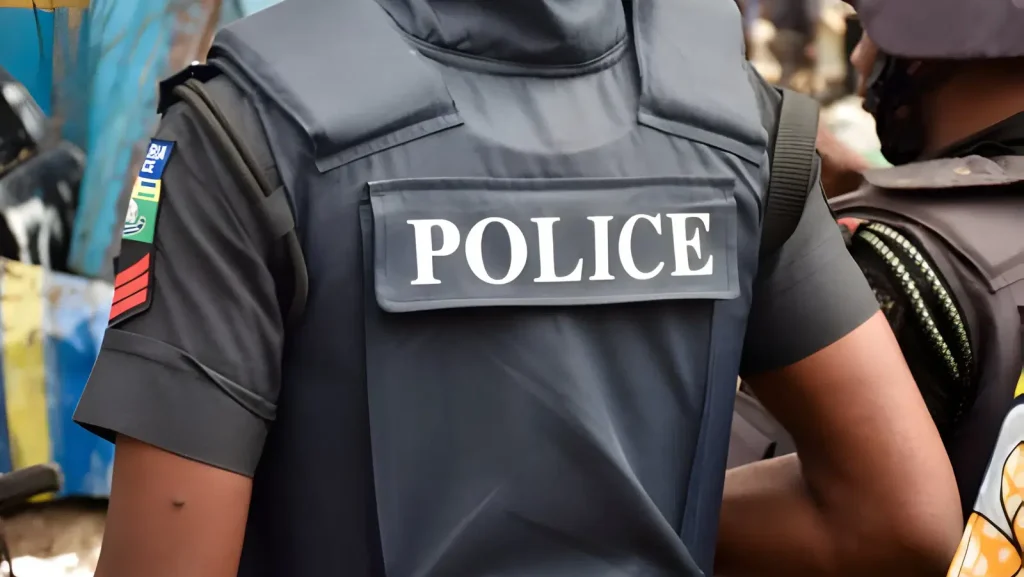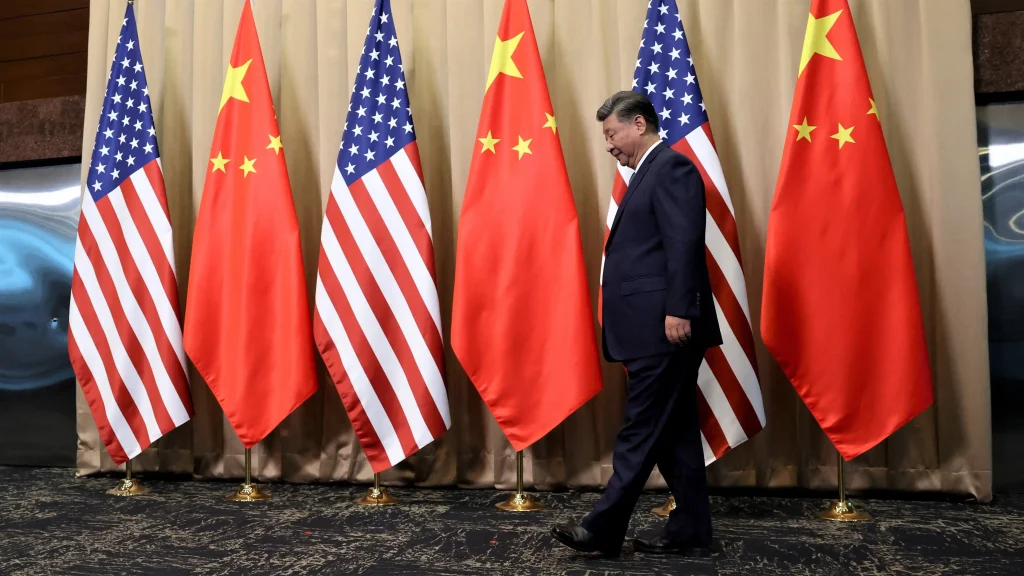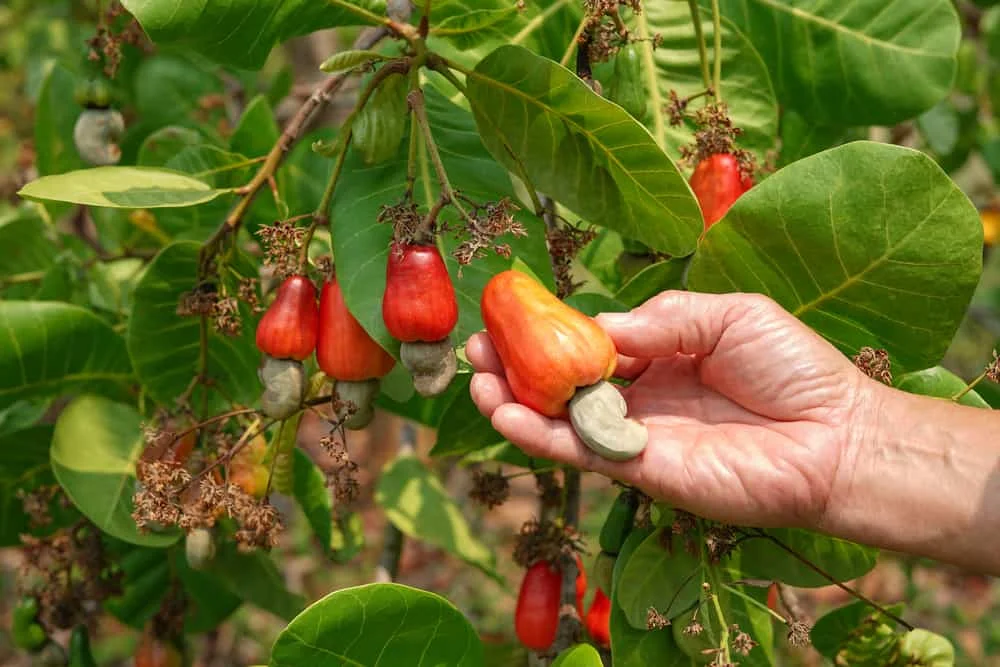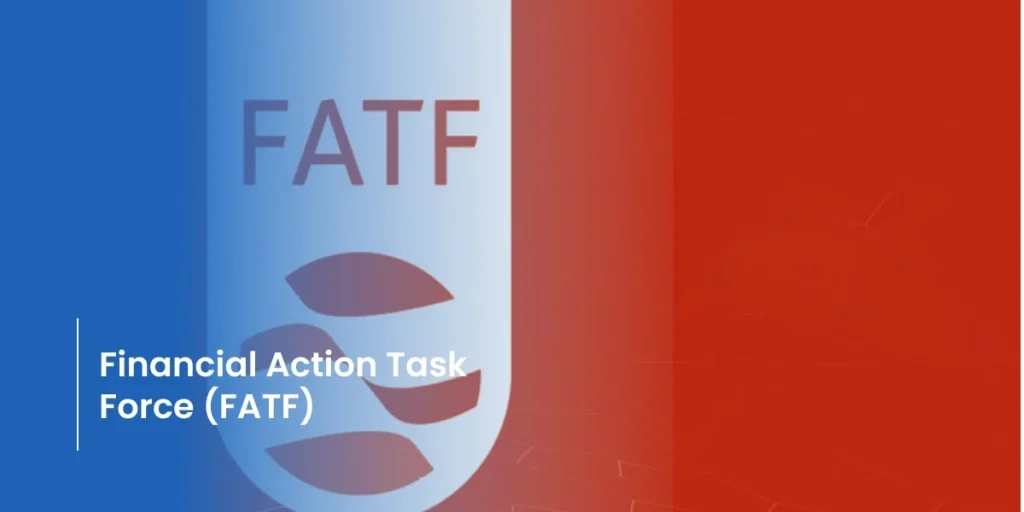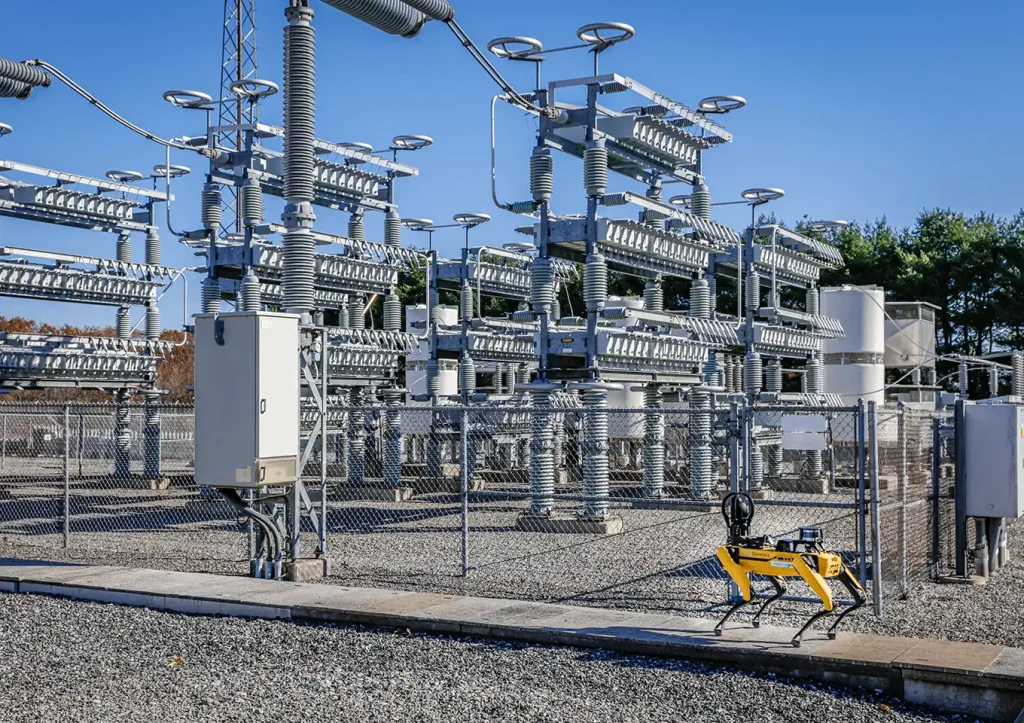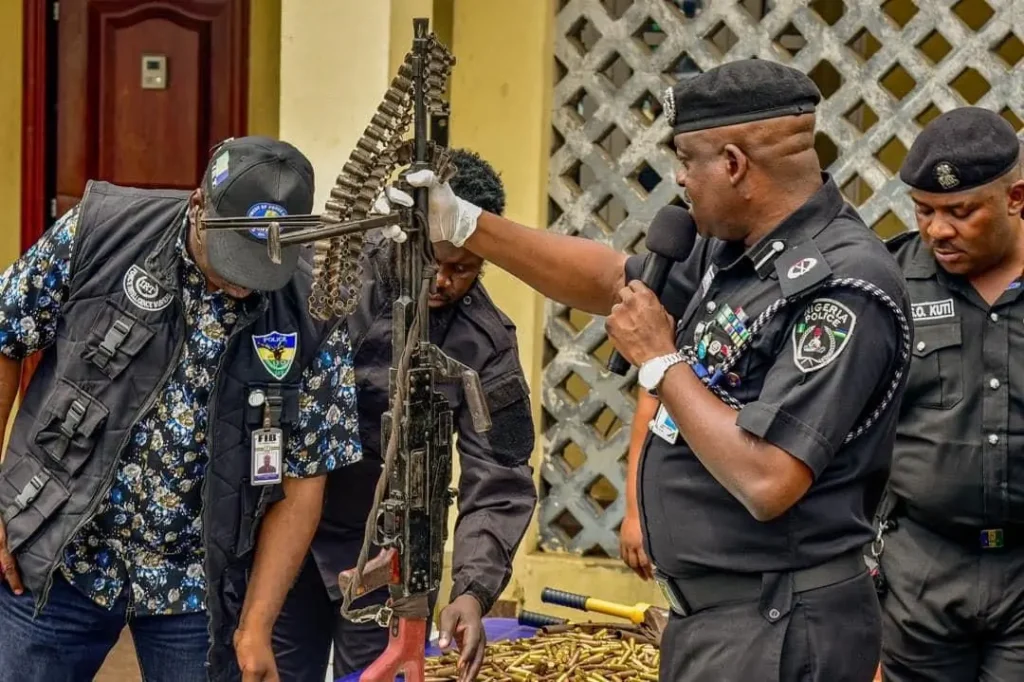As the festive season approaches, road users in Nigeria’s South-East continue to face extortion, harassment, and humiliation at numerous security checkpoints manned by police, soldiers, and other security operatives. These illegal practices have become a persistent challenge, particularly along major highways leading into the region, including routes within the five South-East states.
Reports indicate that travelers navigating these checkpoints are frequently subjected to degrading treatment, with some security personnel demanding bribes openly. On the Onitsha-Enugu Expressway alone, travelers encounter over 25 checkpoints along a 105-kilometer stretch, with officers extorting amounts ranging from ₦100 to ₦5,000 depending on the type of vehicle.
Accounts of Extortion and Harassment
In several areas, commuters are forced to exit their vehicles, with drivers instructed to proceed alone across the checkpoints before passengers rejoin. These actions have deterred many South-East natives living outside the region from returning home for the holidays, as they fear the harassment and extortion.
Commercial drivers have disclosed that extortion at these checkpoints is so systematic that police officers often provide change for bribes handed over in large denominations. A driver on the Enugu-Onitsha route explained how the bribery “fees” are standardized: ₦200 for police, ₦500 for road safety officers, and ₦200 for soldiers. Delays caused by interactions with private car owners reluctant to pay bribes exacerbate the issue.
Civil Society Condemns the Practices
Human rights groups and community leaders have strongly condemned the actions of security personnel in the region. The International Society for Civil Liberties and Rule of Law (Intersociety) described the extortion as systemic and sanctioned at higher levels, with senior officers allegedly benefiting from returns made by personnel on duty.
Comrade Emeka Umeagbalasi, Intersociety Chairman, questioned why such oppressive measures are concentrated in the South-East, calling for the immediate dismantling of these checkpoints. He accused the security operatives of treating residents as “prisoners of war,” noting that their activities are more about personal enrichment than ensuring security.
Calls for Immediate Action
Igbo youths, through the Coalition of South-East Youth Leaders (COSEYL), have called for the complete removal of military and police checkpoints in the region. They argue that the extortion significantly increases the cost of goods and services while doing little to enhance security. COSEYL President-General Goodluck Ibem criticized the checkpoints for turning highways into “cash points” for security agents.
Individual Experiences Highlight Widespread Abuse
Victims of extortion have shared harrowing experiences. A traveler en route to Ebonyi State recounted how police detained him and his friends for hours, accusing them of being internet fraudsters. Despite complying with all requests and providing their identification documents, they were only released after paying ₦10,000.
Truck drivers and traders have also highlighted how extortion inflates the cost of goods. Foodstuff dealers revealed they spend between ₦100,000 and ₦200,000 per trip settling security agents, costs that are ultimately passed on to consumers.
Religious Leaders and Activists Weigh In
Clerics and community leaders in the region have decried the high number of checkpoints, calling for their reduction to alleviate the suffering of road users. They argue that the extortion culture undermines the credibility of law enforcement and perpetuates insecurity.
Urgent Need for Reform
Despite efforts by police commands to train officers on proper conduct, extortion at checkpoints persists, fueled by weak oversight and a lack of accountability. Observers and activists have urged the military and police high command to take decisive action beyond issuing orders, which are often ignored.
As the holiday season approaches, the clamor for reform grows louder, with residents and travelers demanding an end to the culture of extortion and abuse that has plagued the South-East for years.

